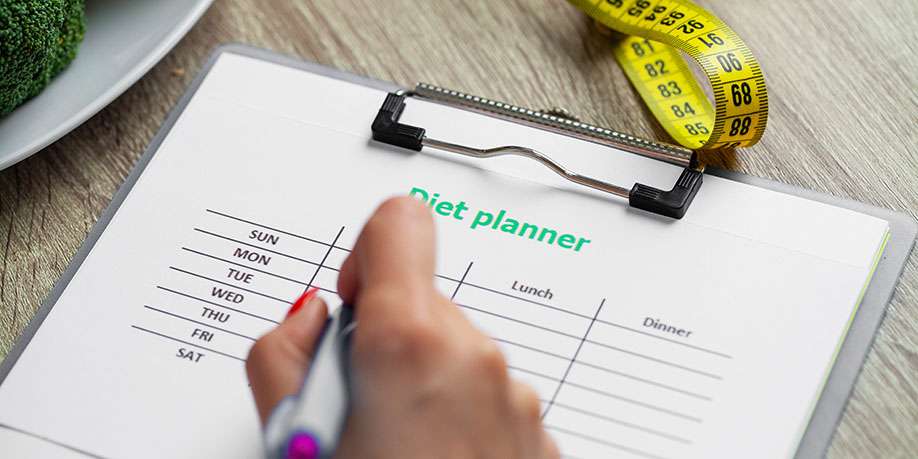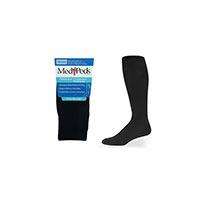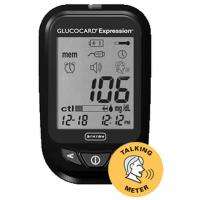
Diabetes Diet Recommendations. Healthy Eating - Everything You Need To Know!Diabetes Diet Recommendations. Healthy Eating - Everything You Need To Know!
  © Maksymiv7 | Dreamstime.com Whether or not you are taking medications, your diet is the main thing you need to pay close attention to when managing diabetes. With so many food choices available, it is hard to navigate through that gastronomic variety to maintain a healthy diet. This is where the expertise of dietitians and nutritionists may come handy. Besides providing recommendations on what foods are safe to eat and what you need to steer away from, dietitians and nutritionists can help you opt for healthy foods to reduce the risk of complications. What does healthy eating mean when you have diabetes? Carb counting is the most important thing to do if you have type 1 diabetes because you need to keep your glucose levels stable. It's essential to estimate the number of carbs in your meals so you can match them with how much insulin you have to take. If you live with type 2 diabetes and you're overweight, it's vital to find a way to lose weight because this is the key to improving diabetes management. By keeping your weight in check, you can lower your blood glucose levels and reduce the risk of complications. Studies have shown that substantial weight loss can put some people with type 2 diabetes in remission. There are different ways to go about losing weight to manage diabetes, including a low-carb, low-calorie diet or a Mediterranean diet. Here we are going to provide you some general tips for eating healthy, but make sure to consult with your dietitian and nutritionist to customize the diet plan for your specific needs. 1. Opt for healthier carbohydrates Even though all carbs affect blood glucose levels, it's important to choose healthier carbs whenever possible while also being aware of portion sizes. Here are some of the healthier sources of carbohydrates you can include in your diet:
It's also important to cut down on all foods that are low in fiber, such as highly processed cereals, white rice, and white bread. If you're not sure what foods are high in fiber, you can check the food labels to identify them or contact your dietitian and nutritionist for recommendation. 2. Eat less salt Consuming a lot of salt may increase your risk of high blood pressure, which also increases the risk of heart disease and stroke. If you have diabetes, you're already more at risk of developing these conditions, so it's important to limit your salt consumption to a maximum of 6 g per day. This is the equivalent of 1 teaspoon. Keep in mind that numerous pre-packaged foods have a lot of salt, so it's important to check food labels and choose items that are lower in salt. It's always a good idea to cook from scratch because that will help you keep an eye on how much salt you are adding to the food. By getting creative in the kitchen, you can swap out salt for various herbs and spices to add a lot of flavour to your food. 3. Eat less processed food and red meat Many people who have diabetes and are cutting down on carbs tend to have bigger portions of meat to help them feel full. However, it's never a good idea to do this with processed and red meat such as bacon, ham, sausages, lamb, or beef. All these types of meat can cause cancers and heart problems. Some ideas for substituting red and processed meat include:
4. Eat more fruits and vegetables Eating fruit and vegetables is good for everyone, but especially important when you have diabetes; particularly, because they can help you get vitamins, fiber, and minerals your body needs to be healthy. Many people who live with diabetes are avoiding fruit because it has sugar, but it is important to remember that whole fruit is okay to eat if you have diabetes because its sugar is natural. This is quite different from chocolate, cakes, and biscuits, which all have added sugar in them. 5. Choose healthier fats You need fat in your diet because it gives you energy, but it is important to remember that different types of fat affect your body and health differently. Whenever possible, choose healthier fats like those found in seeds, unsalted nuts, avocados, olive oil, oily fish, rapeseed oil, and sunflower oil. Avoiding saturated fats such as those found in butter, ghee, lard, and red and processed meat is a good idea. It would also help if you reduced the amount of oil you consume by steaming, grilling, or baking your food instead. 6. Make smarter snack choices If you want a snack, choose unsalted nuts, fruits and vegetables, seeds, and yogurt instead of potato chips and chocolates. However, remember to watch your portions no matter what kind of snack you're opting for. 7. Be responsible with alcohol Alcohol is not only high in calories, but depending on your drink of choice, it can also be high in sugar. If you're trying to lose weight, try to reduce alcohol consumption as much as possible. This is especially important if you take insulin or other medications.
| |||||||||||||||||||||||||




























